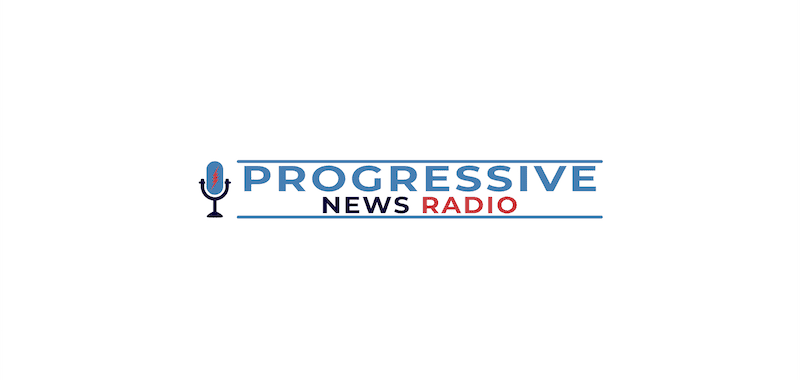Dental appointments for patients with special health care needs – especially those with intellectual and developmental disabilities (IDD) – are no easy feat. Fraught with challenges, uncertainties, and fears, a dental appointment can be, at best, a trying situation and, at worst, traumatizing for patients with IDD. The sensation of plaque being scraped from teeth, the loud sounds of drills and suction, and the bright lights while lying in a dental chair can all be overwhelming for patients with sensory sensitivities.
Patients with IDD also typically have higher oral care needs due to unique microbiomes in their mouths that can make oral care difficult. This can be due to factors such as dietary habits, oral hygiene practices, behavioral factors, or medications.
Nutrition and oral hygiene are intricately linked and significantly impact overall health. Proper nutrition supports healthy teeth and gums, while poor eating habits can lead to tooth decay, gum disease, and systemic conditions like diabetes and cardiovascular disease.
The bottom line?
More needs to be done to improve oral health outcomes for patients with IDD. Collaboration between payers, providers (medical and dental), Medicaid leaders, and health tech companies is crucial to breaking down these barriers and improving health outcomes.
The power of chair-side salivary testing
Chair-side salivary testing offers real-time results, allowing providers to introduce point-of-care decision-making, unlike traditional mail-in tests, which require extended waiting periods for lab analysis and decreased efficacy of samples.
Unlike blood tests, salivary testing is non-invasive, easy to administer at the point of care, and can provide immediate insights into a patient’s health.
The combination of immediacy and non-invasive administration lends itself well to meeting the needs of patients with IDD.
Salivary screening is easily incorporated into routine dental visits, uncovering immediate clinical decisions and early intervention for oral disease and other comorbidities. This approach offers valuable insights into the patient’s needs and areas where additional support may be required. It equips providers with the tools to deliver higher-quality care and helps ensure that patients with IDD receive the care they need.
While dental providers are the first to offer such testing, the insights gained have the potential to extend well beyond the dentist’s chair.
Bridging gaps in preventative care, dental, and beyond
With the right technology comes greater opportunities for collaboration. The results of salivary testing would not only benefit dentists but other health care providers, as well. Through it, we can:
Detect disease earlier. Biomarkers in saliva can help us identify conditions like diabetes, cardiovascular disease, and more that affect oral health and health throughout the body. We have the power to catch conditions early and prevent future issues.
Personalize treatment plans. By identifying the presence of specific biomarkers, we can develop tailored treatment plans for each patient. This personalized approach enables IDD patients and their caregivers to be more informed about their health, empowering them with actionable information and guidance.
Enhance the patient experience. Noninvasive testing methods can help make healthcare more accessible and less intimidating for patients. By sharing the gathered information across healthcare professions, we can unite providers and ensure everyone is working with the same insights.
We are currently piloting the first-ever chairside salivary test for IDD patients in California, Florida, Pennsylvania, and West Virginia. We have high expectations of the pilot, and early results have highlighted the importance of medical-dental integration. Through these pilots, we are uncovering ways to fully leverage the power of salivary testing in health care and making it standard practice in the delivery of oral health care.
Tools that enable patients with IDD and their caregivers to access high-quality care with dignity have long been overlooked. We have the power to change that. The technology exists, and these patients deserve better. Consider how salivary testing could benefit your area of practice and help bridge gaps in preventative care. Together, we can ensure that more patients, especially those with IDD, receive the comprehensive and compassionate care they deserve.
Brian Jones is a health care executive. Tina Saw is a dentist and health care executive.


